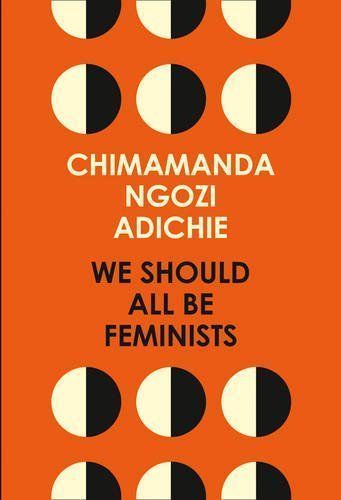
Reviews
nattie@nattierose
Jacey Manning@bookaddict3050
Ada@adasel
Andrea Morales@matchandrea
Sanjay Krishna @sjaykh
buny@lo_efilled
Vicky Nuñez @vicky21
Isabella @iscbella
liana@lianasbooks
Leon@annadaliah
Christine Kraus@frisbie
chloe rae@heychloerae
Deepika Ramesh@theboookdog
shru@nyang
Syahla Aurel@owhrel
sy@villain
Chanh@chanhreads
atlantisli@atlantisli
jess@visceralreverie
K@smellybooks
Cigdem O@cidringles
Lara Engle@bzzlarabzz
Patricia Nelson@tnelson577
Freso@freso
Highlights
william wukkuan@hajramira
william wukkuan@hajramira
raia – inactive@raieuh
raia – inactive@raieuh
raia – inactive@raieuh
raia – inactive@raieuh
raia – inactive@raieuh
raia – inactive@raieuh
Iara Figueira@iarathecell
Iara Figueira@iarathecell
Iara Figueira@iarathecell
taylor miles hopkins@bibette
Page 45
taylor miles hopkins@bibette
Page 35
taylor miles hopkins@bibette
Page 34
taylor miles hopkins@bibette
Page 13
anna ˖*°࿐@annofthebooks
anna ˖*°࿐@annofthebooks
anna ˖*°࿐@annofthebooks
anna ˖*°࿐@annofthebooks
anna ˖*°࿐@annofthebooks
anna ˖*°࿐@annofthebooks
anna ˖*°࿐@annofthebooks
anna ˖*°࿐@annofthebooks
anna ˖*°࿐@annofthebooks